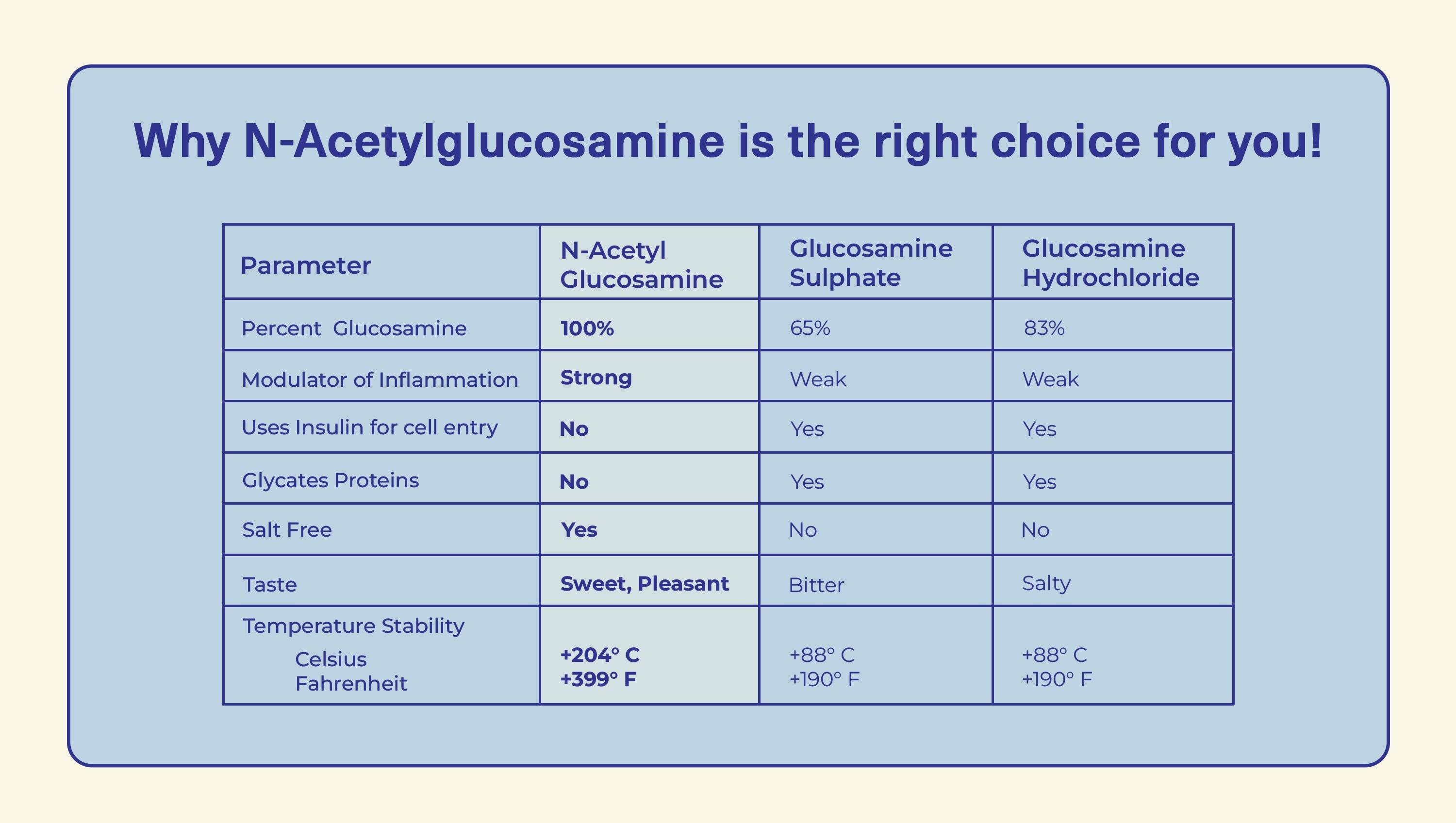

· By Pooja Kukreja
Why Fatigue and Arthritis Often Go Hand-in-Hand
Understanding the Link Between Arthritis and Fatigue
If you've been diagnosed with arthritis, you may already know that the condition brings more than just joint pain and stiffness. Fatigue is another common symptom that significantly impacts daily life. In fact, a striking 40% of individuals with rheumatoid arthritis (RA) report experiencing severe fatigue. This symptom isn't just about feeling tired; it can affect one's ability to work, engage in social activities, and maintain overall well-being.
The Burden of Fatigue in Arthritis
Fatigue associated with arthritis is a pervasive issue that doesn't always correlate directly with disease activity. Even when arthritis symptoms are well-managed or in remission, fatigue can persist, making it a chronic concern. This persistent fatigue can lead to feelings of frustration and helplessness, as it often doesn't improve with rest. Unlike the tiredness most people experience after a long day, arthritis-related fatigue can be overwhelming and debilitating, impacting both physical and mental health.
Gender Disparities in Arthritis-Related Fatigue
Interestingly, fatigue seems to be more commonly reported among females with rheumatoid arthritis. This highlights potential gender disparities in how symptoms manifest and are experienced. While the exact reasons for these differences are still being explored, they may involve hormonal factors, social roles, or even differences in how men and women report symptoms and seek treatment.
Why Does Arthritis Cause Fatigue?
The Inflammation Factor: Arthritis, especially types like rheumatoid arthritis, involves chronic inflammation. This inflammation is your body's way of fighting off what it sees as threats, but it's also incredibly energy-consuming. Imagine your body constantly fighting off an infection—that's what it feels like for your energy levels.
In rheumatoid arthritis, fatigue is not just a symptom of active disease. Studies suggest that fatigue can correlate with various factors, including mental health, physical function, and even socio-economic conditions. This complexity makes it challenging to treat, as simply managing the inflammation associated with RA might not fully address the fatigue. For instance, anxiety and depression, which are common among those with chronic illnesses, can exacerbate feelings of fatigue.
Managing Fatigue in Arthritis
Managing fatigue requires a holistic approach. Here are few strategies that will help you:
Living with arthritis and fatigue can be challenging, but understanding the factors at play can help in managing the condition more effectively. It's important to acknowledge the impact of fatigue and seek comprehensive care that addresses both the physical and emotional aspects of the disease. By taking proactive steps, individuals with arthritis can improve their quality of life and maintain an active, fulfilling lifestyle.
If you've been diagnosed with arthritis, you may already know that the condition brings more than just joint pain and stiffness. Fatigue is another common symptom that significantly impacts daily life. In fact, a striking 40% of individuals with rheumatoid arthritis (RA) report experiencing severe fatigue. This symptom isn't just about feeling tired; it can affect one's ability to work, engage in social activities, and maintain overall well-being.
The Burden of Fatigue in Arthritis
Fatigue associated with arthritis is a pervasive issue that doesn't always correlate directly with disease activity. Even when arthritis symptoms are well-managed or in remission, fatigue can persist, making it a chronic concern. This persistent fatigue can lead to feelings of frustration and helplessness, as it often doesn't improve with rest. Unlike the tiredness most people experience after a long day, arthritis-related fatigue can be overwhelming and debilitating, impacting both physical and mental health.
Gender Disparities in Arthritis-Related Fatigue
Interestingly, fatigue seems to be more commonly reported among females with rheumatoid arthritis. This highlights potential gender disparities in how symptoms manifest and are experienced. While the exact reasons for these differences are still being explored, they may involve hormonal factors, social roles, or even differences in how men and women report symptoms and seek treatment.
Why Does Arthritis Cause Fatigue?
The Inflammation Factor: Arthritis, especially types like rheumatoid arthritis, involves chronic inflammation. This inflammation is your body's way of fighting off what it sees as threats, but it's also incredibly energy-consuming. Imagine your body constantly fighting off an infection—that's what it feels like for your energy levels.
In rheumatoid arthritis, fatigue is not just a symptom of active disease. Studies suggest that fatigue can correlate with various factors, including mental health, physical function, and even socio-economic conditions. This complexity makes it challenging to treat, as simply managing the inflammation associated with RA might not fully address the fatigue. For instance, anxiety and depression, which are common among those with chronic illnesses, can exacerbate feelings of fatigue.
Managing Fatigue in Arthritis
Managing fatigue requires a holistic approach. Here are few strategies that will help you:
- Regular Exercise: Engaging in low-impact activities like walking, swimming, or yoga can help maintain physical function and improve energy levels. Exercise can also boost mood, which may indirectly reduce feelings of fatigue.
- Healthy Diet: A balanced diet rich in anti-inflammatory foods can support overall health and potentially reduce fatigue. Omega-3 fatty acids, found in fish and flaxseeds, and antioxidants from fruits and vegetables are particularly beneficial.
- Adequate Sleep: Ensuring good sleep hygiene is crucial. This means maintaining a regular sleep schedule, creating a comfortable sleep environment, and avoiding stimulants like caffeine before bed.
- Stress Management: Techniques such as mindfulness, meditation, or cognitive-behavioral therapy (CBT) can help manage stress, which might reduce the impact of fatigue.
- Medical Consultation: If fatigue is significantly affecting your quality of life, discussing it with a healthcare provider is essential. They can help identify any underlying issues, such as anemia or thyroid problems, that might be contributing to fatigue.
Living with arthritis and fatigue can be challenging, but understanding the factors at play can help in managing the condition more effectively. It's important to acknowledge the impact of fatigue and seek comprehensive care that addresses both the physical and emotional aspects of the disease. By taking proactive steps, individuals with arthritis can improve their quality of life and maintain an active, fulfilling lifestyle.



